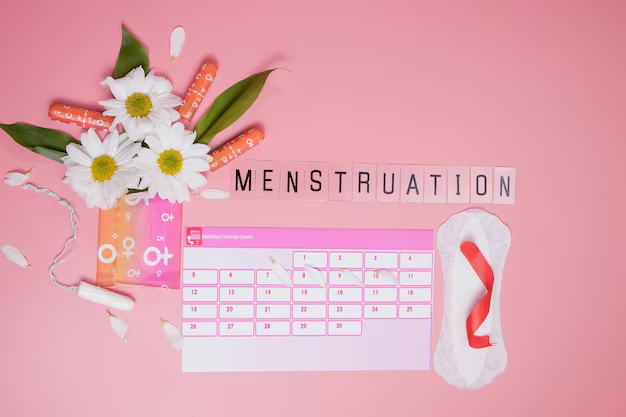Importance of folic acid and iron

Pregnancy is a transformative journey that brings immense joy and a fair share of challenges. During this time, a woman’s body requires extra care, especially when it comes to nutrition. Among the many essential nutrients needed during pregnancy, folic acid and iron stand out as crucial components for both maternal health and the proper development of the baby.
In this article, we’ll explore why these two nutrients are so important, how much is needed, and how to ensure you're getting enough through diet and supplements.
Why Folic Acid Matters
1. Supports Neural Tube Development
Folic acid (also known as folate in its natural form) is a B-vitamin that plays a major role in the formation of the baby’s brain and spinal cord. Adequate intake during early pregnancy helps prevent neural tube defects (NTDs) such as spina bifida and anencephaly. The neural tube forms within the first 3-4 weeks of pregnancy, often before a woman even knows she’s pregnant, which is why folic acid intake is crucial even before conception.
2. Aids in DNA Synthesis and Cell Growth
Folic acid supports DNA production and red blood cell formation. During pregnancy, when cell growth is rapid and the demand for new tissue increases, folic acid helps ensure proper development for both mother and baby.
Recommended Amount
Health experts recommend 400 to 600 micrograms of folic acid daily for women of childbearing age, with a slightly higher dose advised during pregnancy.
Sources of Folic Acid
-
Fortified cereals and grains
-
Leafy green vegetables (spinach, kale)
-
Citrus fruits (oranges, lemons)
-
Beans and legumes
-
Supplements (as prescribed)
Why Iron Is Essential
1. Prevents Anemia
Iron is necessary to produce hemoglobin, the protein in red blood cells that carries oxygen. During pregnancy, a woman’s blood volume increases by about 50% to support the growing baby. Without enough iron, this can lead to iron-deficiency anemia, causing fatigue, weakness, and shortness of breath.
2. Supports Baby’s Growth and Development
Iron is critical for the baby’s growth, especially for brain development and building a healthy blood supply. A deficiency in iron can lead to low birth weight, premature birth, and developmental delays.
Recommended Amount
Pregnant women need about 27 milligrams of iron per day, nearly double the amount required by non-pregnant women.
Sources of Iron
-
Red meat, poultry, and fish
-
Leafy green vegetables
-
Lentils and beans
-
Iron-fortified cereals
-
Nuts and seeds
-
Supplements (especially if prescribed after blood tests)
Pro Tip: Pair iron rich foods with a source of vitamin C (like citrus fruits or tomatoes) to boost absorption. Avoid consuming iron with calcium rich foods or tea/coffee, as they can hinder iron absorption.
Managing Cravings and Meeting Nutrient Needs
Pregnancy often brings food cravings or aversions, which can affect nutritional intake. While it's okay to indulge occasionally, it’s important to focus on a balanced diet that meets your and your baby’s nutritional needs. Planning meals and snacks that incorporate iron and folic acid-rich foods can help maintain optimal health.
If you're struggling with morning sickness or food aversions, consult a healthcare provider or a prenatal nutritionist who can help create a customized meal plan or recommend suitable supplements.
In Summary
Folic acid and iron are not just vitamins and minerals on a checklist they are lifesaving nutrients that directly impact your baby’s development and your own well-being during pregnancy. Ensuring you get enough of these nutrients through diet and supplements can lead to a healthier pregnancy, safer delivery, and a better start for your baby.
Always consult with your healthcare provider before starting any supplements and for personalized advice during your pregnancy journey.
Related Articles

Yoga stretches for pregnancy

Managing Work Stress During the First Trimester

Making your peace a priority

Importance of balanced meals

Tracking your energy across the cycle

Understanding pregnancy emotions

Embracing affection without pressure

How Hormonal Imbalances Can Affect Your Period